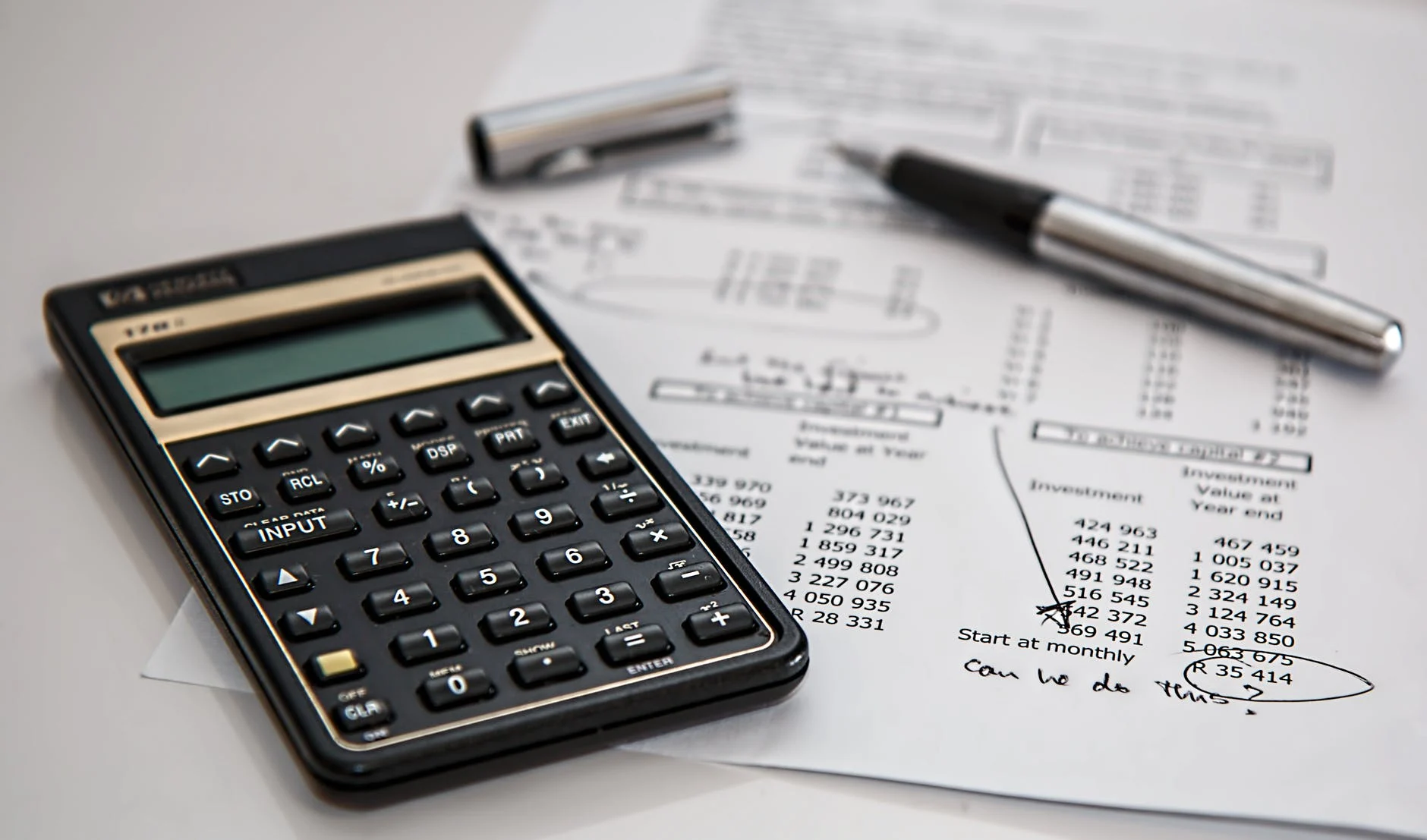Types of Forex Brokers: ECN VS Market Makers VS No Dealing Desk
3 Mins Read
Published on: 28 January 2022
Last Updated on: 11 November 2024

toc impalement
When you are buying stocks, most of your success depends on choosing the right broker. That being said, no Forex broker is the same. When researching for the best Forex brokers for your needs, consider their reputation in terms of customer service and reliability, as well as other important aspects such as commissions and fees charged for trades. Depending on what your Forex goals are, you may need to opt for a specific type of Forex broker. Below you may find the most common Forex brokers out there, along with their advantages and drawbacks.
1. ECN Forex Brokers

ECN is short for Electronic Communication Network. These brokers will take your order, and then forward it to a liquidity provider pool. Very often, the prices you get are convenient and variable, since they come from different market participants and institutions.
The advantage of using ECN Forex brokers is that you get lower spreads and that there is usually no price manipulation. The trades are executed quite fast, and there aren’t any requotes – even if the volatility is high.
You may use any type of trading strategy that you want with the ECN type of Forex broker, which is why they are considered to be the Holy Grail for day traders.
The disadvantage is that they usually require large initial deposits, which can be troublesome if you just started trading on little money. They charge commissions as well, and the spreads are very often variable.
2. Market Makers
Market makers are very often referred to as B-book brokers – as opposed to ECN brokers that are the A-book. Unlike ECN brokers, they don’t forward your order to a liquidity pool.
Instead, they internalize the risk for every position that is open. This means that if there’s a positive trade, they’d have to pay from their pocket.
Due to this circumstance, the broker may apply price manipulation in order to cover any potential losses. Fixed spreads may also be rather costly, and the volatility may lead to requotes.
On the positive side, market makers do not ask for high initial deposits, nor do they take any commissions. Plus, since the spreads are fixed, you’ll have a better idea of the financial expectations. Leverage is also flexible, so you have a good chance of your trade turning profitable.
3. No Dealing Desk Brokers

A No Dealing Desk (NDD) broker is similar to an ECN broker, but there are some differences to consider. For instance, while an ECN broker may be an NDD broker, not every NDD broker is an ECN broker. They work by sending your orders to highly rated liquidity providers.
NDD brokers may operate through Electronic Communication Network (NDD), Direct Market Access (DMA), and Straight Through Processing (STP). Their prices mirror the ones sent by liquidity providers, and the spreads are low.
At the same time, NDD brokers have lower leverage alternatives. Moreover, if you are a retail trader, the trading costs can be rather prohibitive. They have almost the same costs as an ECN broker, which is why most clients don’t make a difference between the two.
The Bottom Line
Each Forex broker type is different, so you need to determine which one works better for you. Check their regulations, their trading instruments, and their fees before making a decision.
Read Also:


















Comments Are Closed For This Article